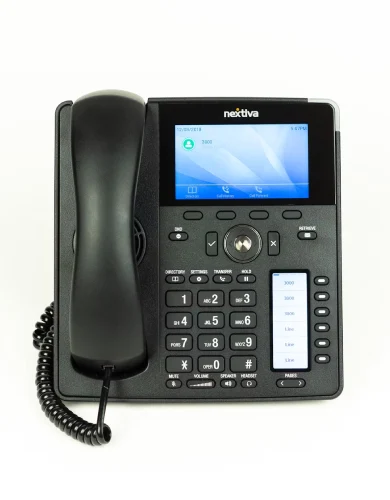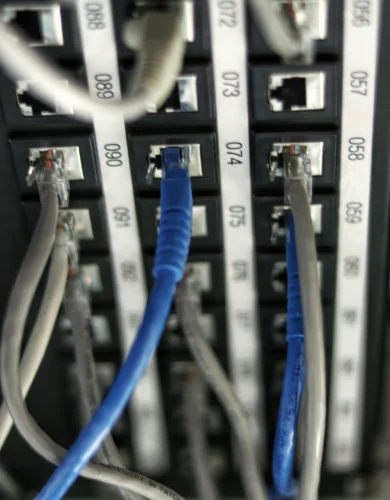 SIP trunking for businesses
SIP trunking for businesses SIP trunking is a service that extends the life of legacy PSTN/ISDN business phone systems by adapting them to make and receive VoIP calls over the internet. Many VoIP providers offer it to businesses that want to avoid a full overhaul of their phone systems, while still benefiting from VoIP’s lower rates and preparing for…
read more Point-to-point leased line
Point-to-point leased line A point-to-point (P2P) leased line is a private, high-speed connection between two business sites, perfect for secure, reliable data transfer that avoids the public internet. This article explains how P2P leased lines work, how they are installed and cost, and why it’s the gold standard for site-to-site connectivity. Contents: Point-to-point leased line vs leased line…
read more Business Ethernet in the First Mile (EFM)
Business Ethernet in the First Mile (EFM) What do you do when your business site needs Ethernet-grade connectivity, but you’re stuck in a fibre dead zone? Enter Ethernet in the First Mile (EFM): a solution that delivers dedicated, symmetrical broadband over legacy copper infrastructure, with native integration into parent company Ethernet WANs. This guide covers how EFM works, when and where it’s…
read more VoIP installation checklist
VoIP installation checklist Thousands of businesses are switching from traditional business phone lines to VoIP to cut costs and improve workflows. While VoIP installations are typically carried out by IT professionals or third-party providers, it’s essential for business managers to understand what the process involves. This checklist covers the entire VoIP installation process, helping ensure a smooth transition…
read more Multiprotocol Label Switching (MPLS)
Multiprotocol Label Switching (MPLS) Multiprotocol Label Switching (MPLS) is a fundamental technology behind high-performance private networks, like those of global enterprises, payment systems, and even the NHS. MPLS helps data travel more efficiently across fixed routes, making it an ideal addition to connections between key business assets such as offices, warehouses, labs, data centres, and cloud services. This guide…
read more Dynamic DNS
Dynamic DNS Many small businesses prefer the greater control and privacy of self-hosting their websites, emails and VPNs instead of relying on third-party cloud providers. However, not all of them have access to static IP plans. For this niche, self-hosting requires Dynamic DNS (DDNS), which can keep their digital services available even under the dynamic (changing) IPs…
read more